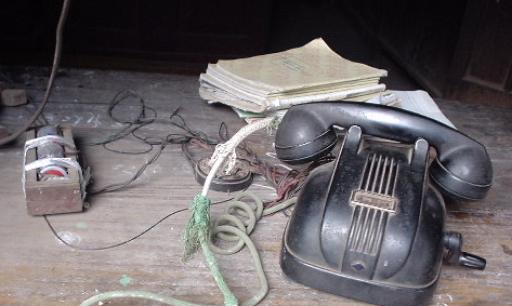
Recently Rated:
Stats
Work interests: science communication
Affiliation/website:
Preferred contact method: Reply to post in blog/forum/group
Preferred contact language(s):
Contact:
Favourite publications:
Category: Academic
This information access company has a lot to offer researchers and research organisations in Asia and the Pacific, and beyond. The website is provides adavanced and very well-organised search portal.
Informit describes itself as a: '...provider of information management services to the education, government and corporate sectors. We have an excellent understanding of the needs of students, researchers, educators and professional. Informit exists to preserve, enhance and distribute hard to find content. ..support[ing] the wider research community and [driving] better information management services'
'Informit provides access to ... over 100 databases..[covering] a wide range of subjects, including health, engineering, business, education, law, humanities and social sciences.... sourced from publishers, associations and peak professional bodies as well as international authors.
From its head office in Melbourne, Australia, Informit works with library consortia, associations and agents to help users advance their research through access to peer reviewed and specialist journals, monographs, reports, conference papers and bibliographic indexes, collated with a focus on regional perspectives and otherwise hard-to-find research... from Australia, New Zealand, Asia Pacific and around the world.'
There are numerous ways to organise academic meetings, large and small. The most critical matter is having a clear aim and a theme that brings people together in new ways - not just to give presentations but also to make personal academic connections. For this reason, the social aspects of a meeting (workshop, seminar, conference, or congress) can be just as important as the academic aspects.
I have not used any of the systems below, so would welcome comments by anyone who has!
EasyChair - describes itself as "probably the most commonly used conference management system". A free service is offered, that looks useful, and then more advanced systems that are priced according to the maximum number of submissions that the organisers intend to consider. Overall, the costs appears to be about 50 cents to one dollar (USD) per submission.
Open Science Framework for Meetings - The Open Science Framework is creating open source tools to support 'the entire research cycle'. This includes tools for scientific collaboration, writing, project management, and meeting management.
Their mission statements include the following: ' The OSF is a free, open source service of the Center for Open Science . We’re aligning scientific practices with scientific values by improving openness, integrity and reproducibility of research.'
This is an open-access site dedicated to registering calls for academic papers, according to subject category.
It also offers a page for authors to manage their deadlines.
There are many methods and tools that can be used to detect plagiarisation. The need to look for plagiarised text (and images) is most obvious when students first attempt academic writing, and lack confidence in their own writing, or misunderstand the purposes of a university education (e.g. learning how to write).
See: How to Detect Plagiarism (MIT, USA) - resources for teachers wishing to check student writing
At the Research Cooperative we are more concerned with how journals can avoid publishng plagiarised content in submitted papers. The best prevention lies in the hands of authors themselves. It is better for authors to write in their own words and acknowledge the sources of specific, special ideas and information, rather than plagiarizing text in an attempt to raise the apparent quality of their writing and information.
See: iThenticate - a commercial system developed for academic authors and publishers
Authors who are not confident about their writing can seek help from editors to improve the writing, can learn how to write better with the help of editors, and can acknowledge such help formally, thus avoiding the problem of plagiarisation altogether.
Editors should be acknowledged for their role in raising the standards of sicientific communication, whenever possible. If an editor's contribution amounts to co-authorship, this should be formally considered even if it was not the original intention. Givng editors adequate acknowledgment for their contributions is a responsibility for both authors and publishers.
This looks like a great discovery - an Academic Q&A that puts the top rated answers to any question at the top of the stack.
See: http://academia.stackexchange.com/
... and ask or answer any question that takes your fancy.
